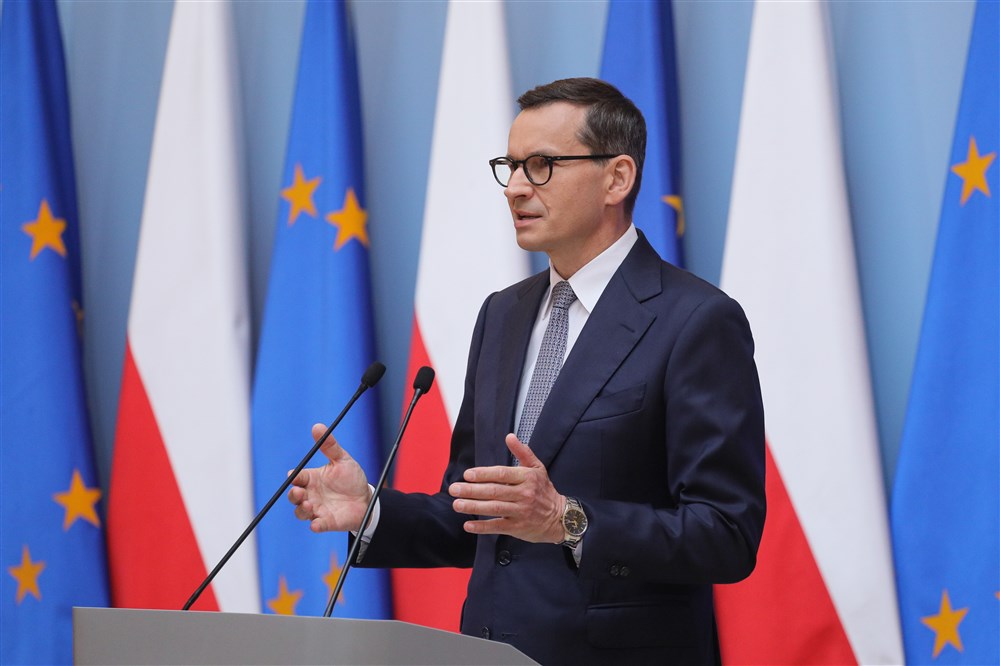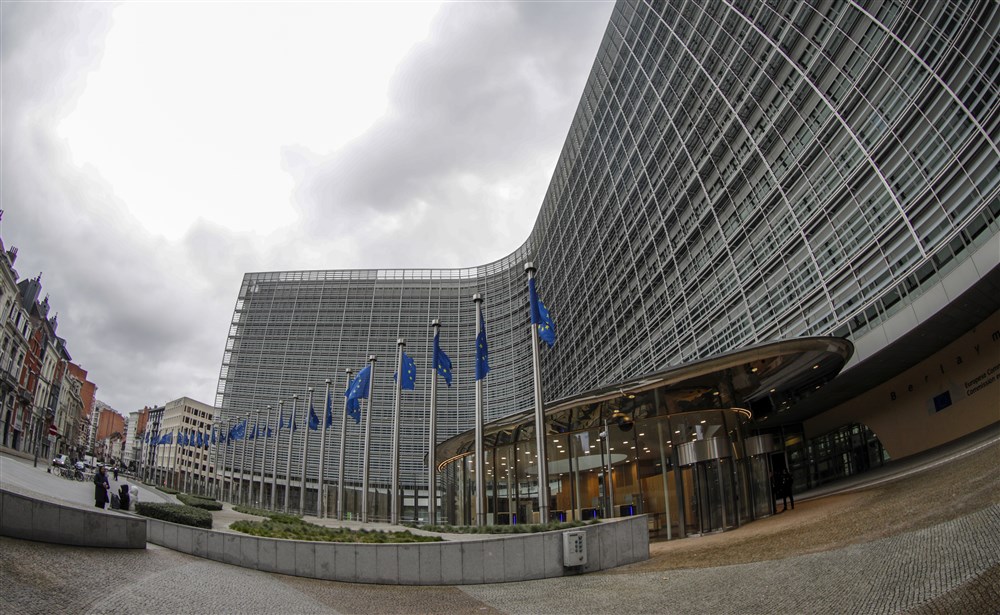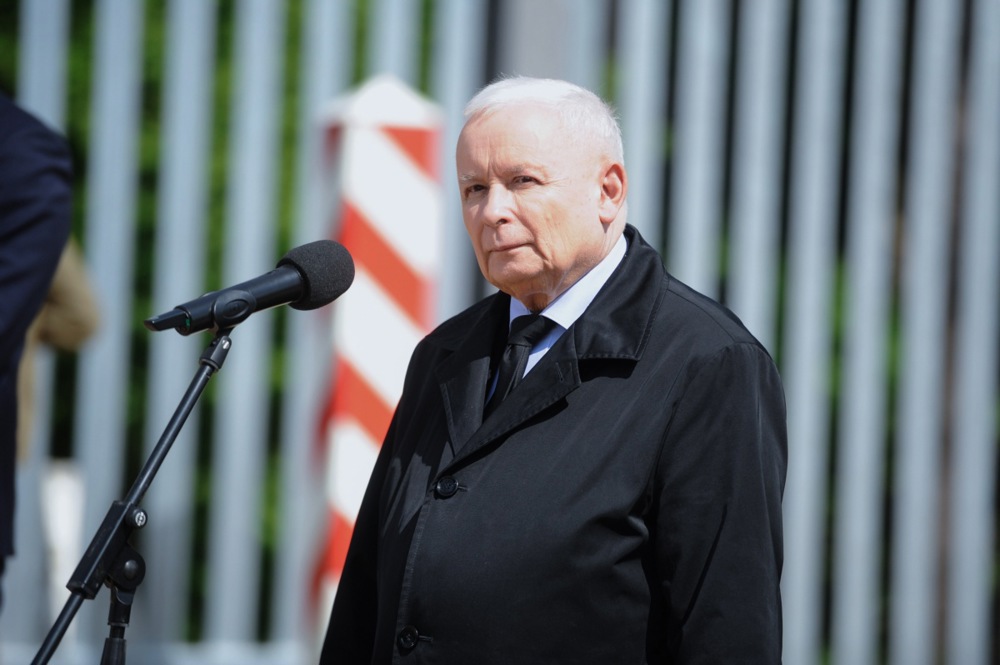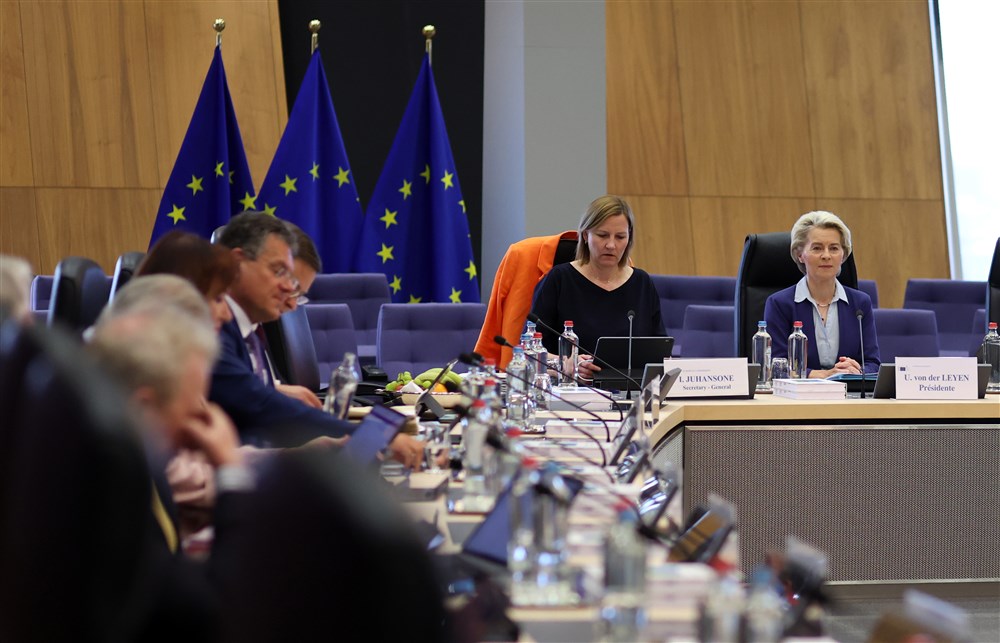Poland, Czechia, Slovakia and Hungary, known as the Visegrad Four (V4), failed to reach consensus on the European Union’s proposed Migration Pact at a summit on 26 June.
At the meeting, the four Member States were unable to form a joint position on the Pact for an upcoming EU summit, despite their broadly shared belief that it is not the best way to deal with illegal migration.
The general mood was that the Central Europeans remain sceptical in principle.
The toughest line was taken by Poland and Hungary. According to Hungarian Prime Minister Viktor Orban, the problem of illegal immigration would be best addressed if the EU adopted the Hungarian policy of asylum-seekers completing applications at the border and then waiting for them to be processed there.
Polish Prime Minister, Mateusz Morawiecki, pointed out that V4 states had already welcomed significant numbers of refugees fleeing the war in Ukraine. However, he added, the four “should not be helping to facilitate human trafficking and terrorist organisations”.
He said migration policy was a key component of any state’s sovereignty. In reference to a possible crisis on Poland’s border with Belarus, brought into focus by the mercenary Russian fighter Yevgeny Prigozhin and his forces relocating there, he said that all states must be able to protect their own borders to remain sovereign.
Regarding supporters of the Migration Pact proposal, he said Poland would not accept “having its migration policy subordinated to other mechanisms or serving the interests of other countries”.
The Czechs and Slovaks sided with the Poles in agreeing that the Pact was not the best solution for combating illegal migration. Slovak Prime Minister, Ľudovít Ódor, said that the EU has to find an acceptable compromise for Member States on migration to get the Pact signed off.
However, observers say, for that to happen it would have to be one in which the external borders of the EU are protected and no compulsory quotas imposed, as the Pact calls for at present. Czech Prime Minister, Petr Fiala, said that enforced relocation of migrants was no answer and that illegal migrants should be returned to their countries of origin.
Despite broad agreement, it appears doubtful that the V4 group will present a united front at the EU summit. Poland and Hungary voted against it in the Council of Ministers, whereas Czechia and Slovakia have consented to it. That was based on the understanding that both would be able to use the provision stating that countries that have already accepted large numbers of refugees could be exempted. All the V4 states have seen significant waves of Ukrainian refugees arrive in their nations as a result of the war.
Relations between the group have cooled over the invasion of Ukraine and the stance taken by Hungary. Poland, under its Conservative government, has wanted to use both the V4 group and the more economy-focused Three Seas initiative of Member States that lie between the Baltic, Adriatic and Black seas, to build central and eastern European unity inside the EU.
Observers say Poland had hoped that would act as a counterweight to what it perceives as Franco-German dominance in Europe.





